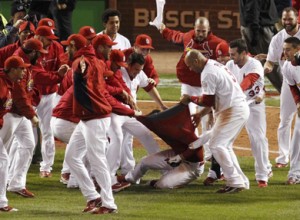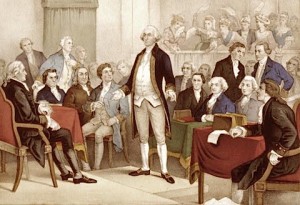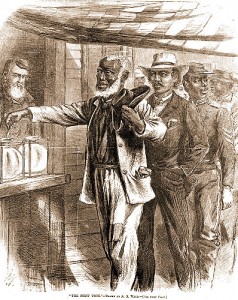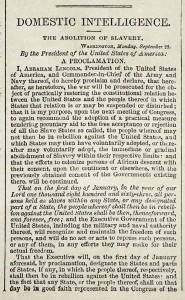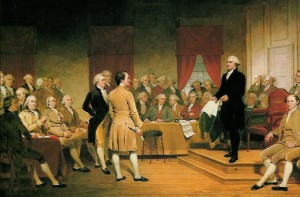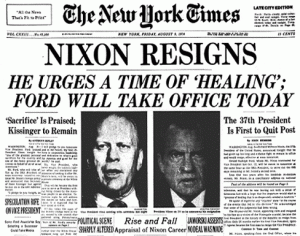Drew Westen’s piece in the New York Times this weekend might have achieved anti-perfection. John Sides already dismantled it yesterday. And Jon Bernstein piled on this morning. Seth Masket added some more this afternoon. I was going to write a longer post, but the targets are quickly evaporating, so I’ll just address one so-far-unaddressed paragraph that really bothered me:
It is deeply ironic that the Republican Party, long the party of privilege, has become the party that champions the view that anyone — from an exterminator (Tom DeLay, former House majority leader) to the owner of a pizza joint (Bobby Schilling, freshman congressman from Illinois) — has what it takes to run a country.
This is, I think, an elitist critique of, well, elitism(?). Usually when a group dispatches a remnant of its former ideology of privilege, we clap. Here, we’re knocking the Republican Party for its history of elitism, but then noting that, ahem, not just anyone can run a country. In fact, it’s so illogical that I’ve actually been going back and forth on whether he’s being sarcastic or serious. But it must be sarcasm, the examples are derisive, right?
But those derisive examples are heartbreaking. What the hell is wrong with owning a pizza joint and running for Congress? And unless the point is that exterminators are, as a class, likely to be corrupt, I see no reason to knock DeLay based on his employment background: he was a powerful politician and a reasonably effective majority leader, and a veteran of state legislative politics to boot. Is there something I don’t know about small business owners that makes them particularly unsuited to be community leaders?
Westen is presenting a strain of elitism that absolutely drives me batty. Lodged in the middle of an essay that alleges both parties have a tin ear for what the masses of voters actually want, Westen lets slip that he doesn’t have much patience for people that don’t have a certain pedigree. He’s contemptuous of both the political class and the working class. I have little doubt that he fancies himself a philosopher-king of sorts, and it’s dollars to doughnuts that his ideal candidate/leader fits a very particular mold — probably college followed by law/professional school followed by a job as a political staffer followed by some policy work — and people outside of that mold should stick to pulling voting levers.
But leave that aside: five paragraphs after declaring that a pizza joint owner and the owner of a pest control business aren’t capable of leadership, Westen says that “another quality that distinguishes effective leaders [is] experience,” and then uses running a business as an example. Huh? Who the hell edited this piece?
Even stranger is Westen’s understanding of how the national government works. Does anyone equate serving in Congress to “running the country?” Even uninformed voters make a pretty bright line distinction between the standards they employ when voting for president and when voting for Representative — all sorts of people who would never stand a chance at the presidency are routinely elected to Congress, or even serve as congressional leaders. And with good reason: it doesn’t really matter if the Speaker of the House is a drunk. Or if a freshman in Congress doesn’t have a perfect grasp of policy or politics. Legislative leadership itself is something quite different than national leadership, and I suspect Westen is conflating the two completely.


